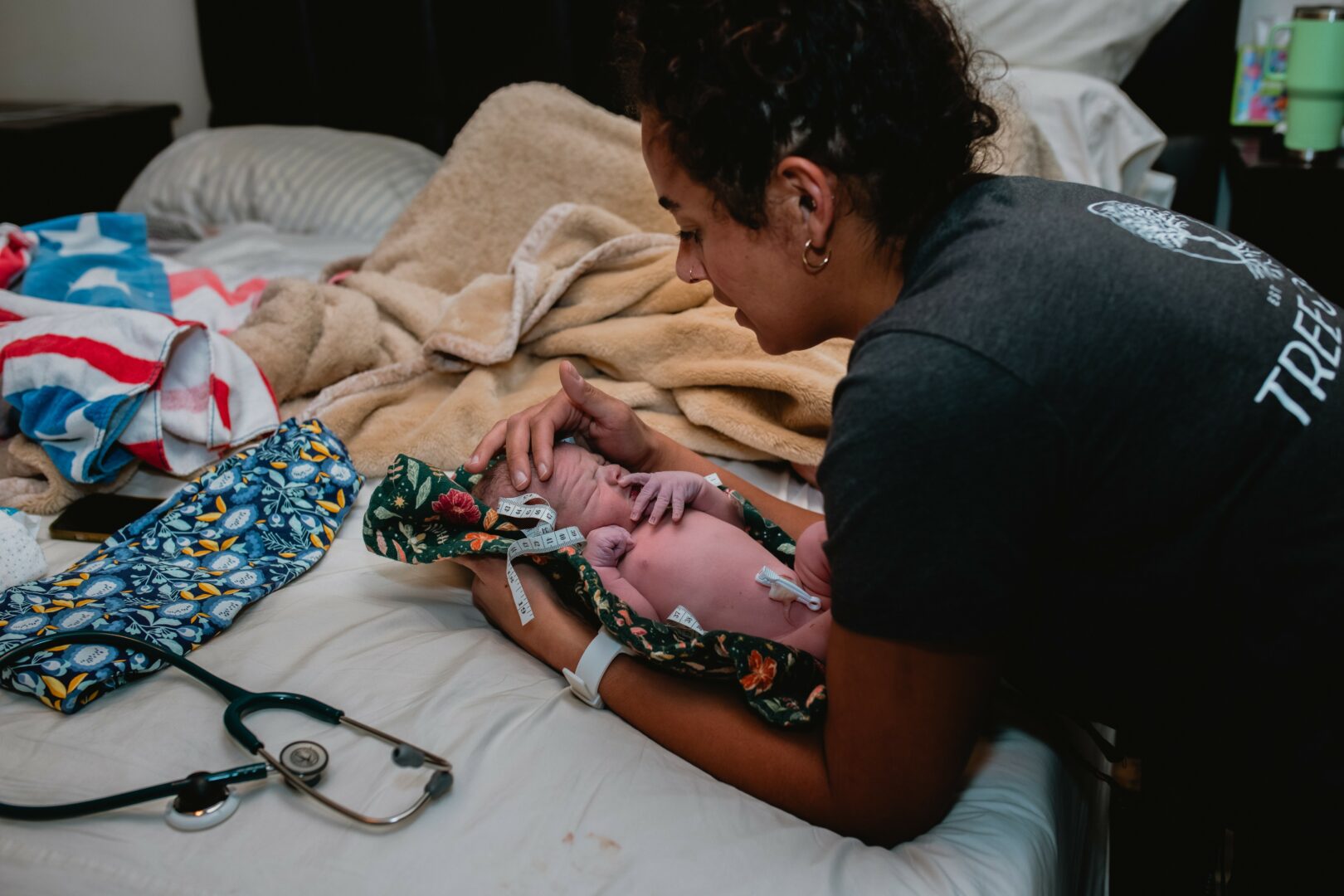We were lucky to catch up with Morgann Burres recently and have shared our conversation below.
Morgann, so good to have you with us today. We’ve got so much planned, so let’s jump right into it. We live in such a diverse world, and in many ways the world is getting better and more understanding but it’s far from perfect. There are so many times where folks find themselves in rooms or situations where they are the only ones that look like them – that might mean being the only woman of color in the room or the only person who grew up in a certain environment etc. Can you talk to us about how you’ve managed to thrive even in situations where you were the only one in the room?
Being the only one in the room is a feeling that has been a part of my existence for as long as I can remember. Growing up, I was the only girl in our family and the only girl in our neighborhood so I found my place among the boys, eventually learning to enjoy things like building forts, catching lizards, and constructing bike tracks. In Kindergarten, my height became prominent, often the first thing people would comment on – “My goodness! You’re a tall five year old!” grown ups would comment. My growth continued at a rapid speed and by sixth grade I was taller than my male teacher. I was always in the back row in class photos and always correcting peoples’ assumptions with, “No, I don’t play basketball.” This was a good thing given that I could barely walk without tripping over my waterski-sized feet. I quickly grew accustomed to being the “only one in the room.” The only girl. The tallest girl. The one with curly hair. And the most impactful…the one with brown skin.
As a little girl, I dreamed of what it would be like to be like everyone else. To not need to shower every morning before school to tame my hair. To walk through a mall and see pictures of kids who looked like me on the walls of Limited Too or the GAP. To learn what it felt like to get a sunburn. All of it was a mystery that left me longing for a chance to exchange my body for another one, even if only for a moment. I imagined that as I got older, I would become less aware of my “other-ness,” but I was woefully mistaken.
What I know now is that being born into this skin is one of the biggest gifts I could have been given in this life. As much as there has been painful experiences that have come from living in this brown body, there has also been unmistakable beauty. This brown skin has helped me learn to appreciate beauty that not everyone sees. I am more aware of the other “only ones in the room,” the lonely and the outcast, the weak and oppressed. I have learned to lean into vulnerability and honesty, for those are the things that make space for others to do the same. And its in those moments of shared humanity and connection that I am reminded that I am not, in fact, the only one in the room.
There are a lot of us who feel like the only one in the room, I suppose. As it turns out, if we take the time to look around and listen well, we might just hear the melody of stories that sound a lot like ours.
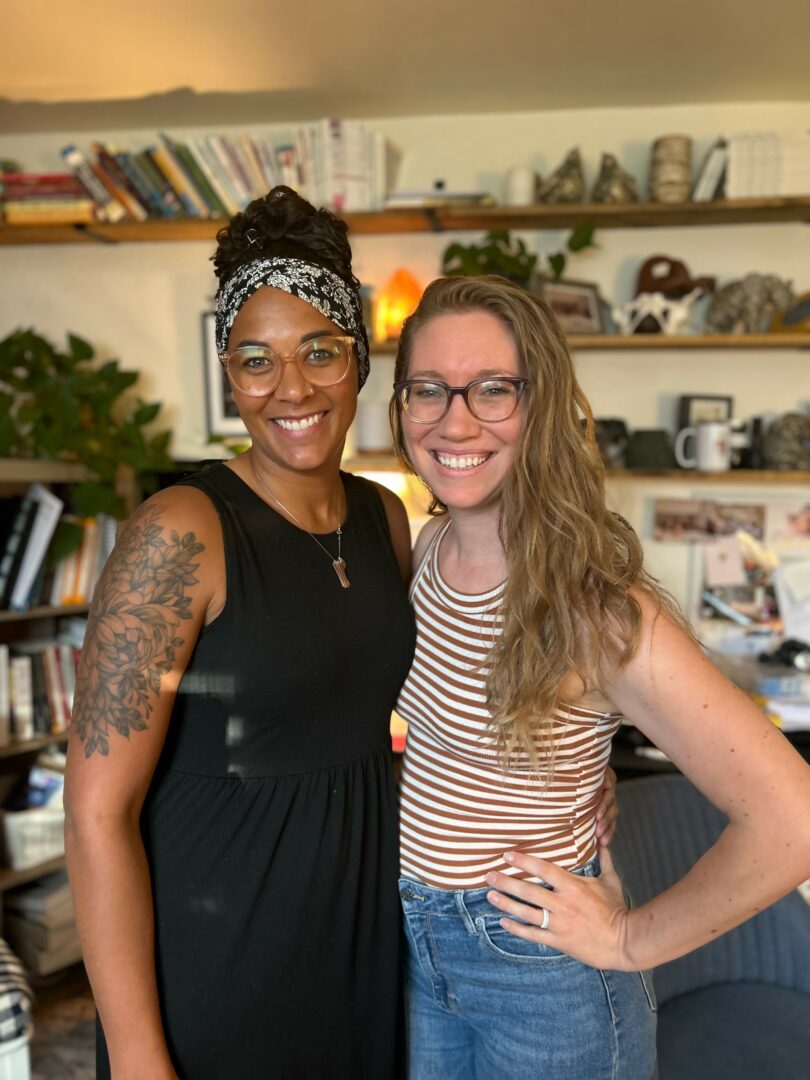
Thanks for sharing that. So, before we get any further into our conversation, can you tell our readers a bit about yourself and what you’re working on?
I am a Licensed Midwife specializing in home birth for low-risk birthing people. Trauma-informed caregiving is central to how I engage with my clients. My deepest hope is that they will feel deeply cared for, wildly important, wholly seen and heard. I want every single person who walks into my office to feel like they are the most important voice in the room and the only person worthy of my attention in that moment. There are so few spaces in life where we get to show up exactly as we are and be welcomed for it; I desperately try to create a safe space for people to be themselves.
As a midwife, I am passionate about community. I wholeheartedly believe that we grow in community and we heal in community. For a long time, I’ve had a vision of creating a space in my community where families can find support throughout the perinatal period. I’m excited to announce that my good friend Deidra Wester and I will be opening a space on April 5th, 2025 called Seed & Soul Collective. Housed inside of this space will be several practitioners who specialize in services for families during the perinatal period including chiropractic care, massage therapy, midwifery, Cranial Sacral Therapy, Cranial Fascial Therapy, Physical Therapy, Occupational Therapy and Lactation Support. Additionally, there is a large classroom space in which we plan to host workshops, support groups, classes, and other group activities. Our hope is that Seed & Soul Collective will be a place where everyone is welcome and everyone belongs. This table is large enough for everyone who would like a seat.
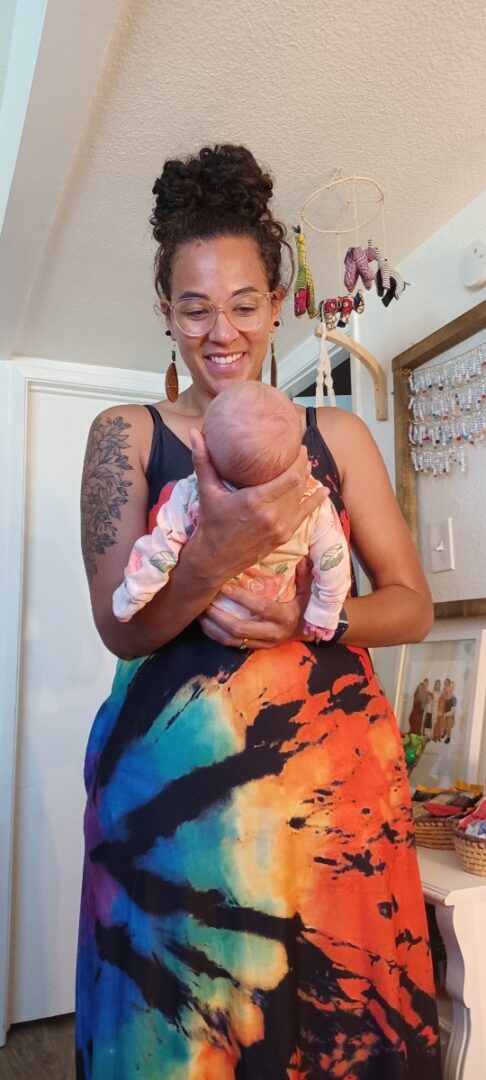
If you had to pick three qualities that are most important to develop, which three would you say matter most?
1. Active Listening – We should listen to understand, not to respond. Learn to listen to the person in front of you. Focus on what they’re saying. Pay attention to what they’re *not* saying. Try to figure out if what they’re “saying” and what they “mean” are the same thing. We all want to be heard and understood. And we are all reliant on the listener to make those things happen. Seek to understand. You will be a better human for it. I’d also say, learn to listen to yourself with the same kind of intention. How does your inner voice sound? What is she saying? What is she not saying? What does she mean?
2. Be curious! Curiosity might be the most underrated areas of intelligence. Living a curious life will inevitably make you a smarter and more intelligent person. It will also keep life interesting and fun. Approaching problems with a spirit of curiosity will lead you to creative solutions and innovative discoveries.
3. Learn to understand the impacts of trauma on the human body and mind. We all carry around traumas from childhood or past seasons in life. Some are resolved and many aren’t. When we come to understand how trauma manifests in our bodies and minds, we are more able to address them in ourselves and understand other people. I’d highly recommend “The Body Keeps The Score” by Bessel Van Der Kolk, MD for further study.
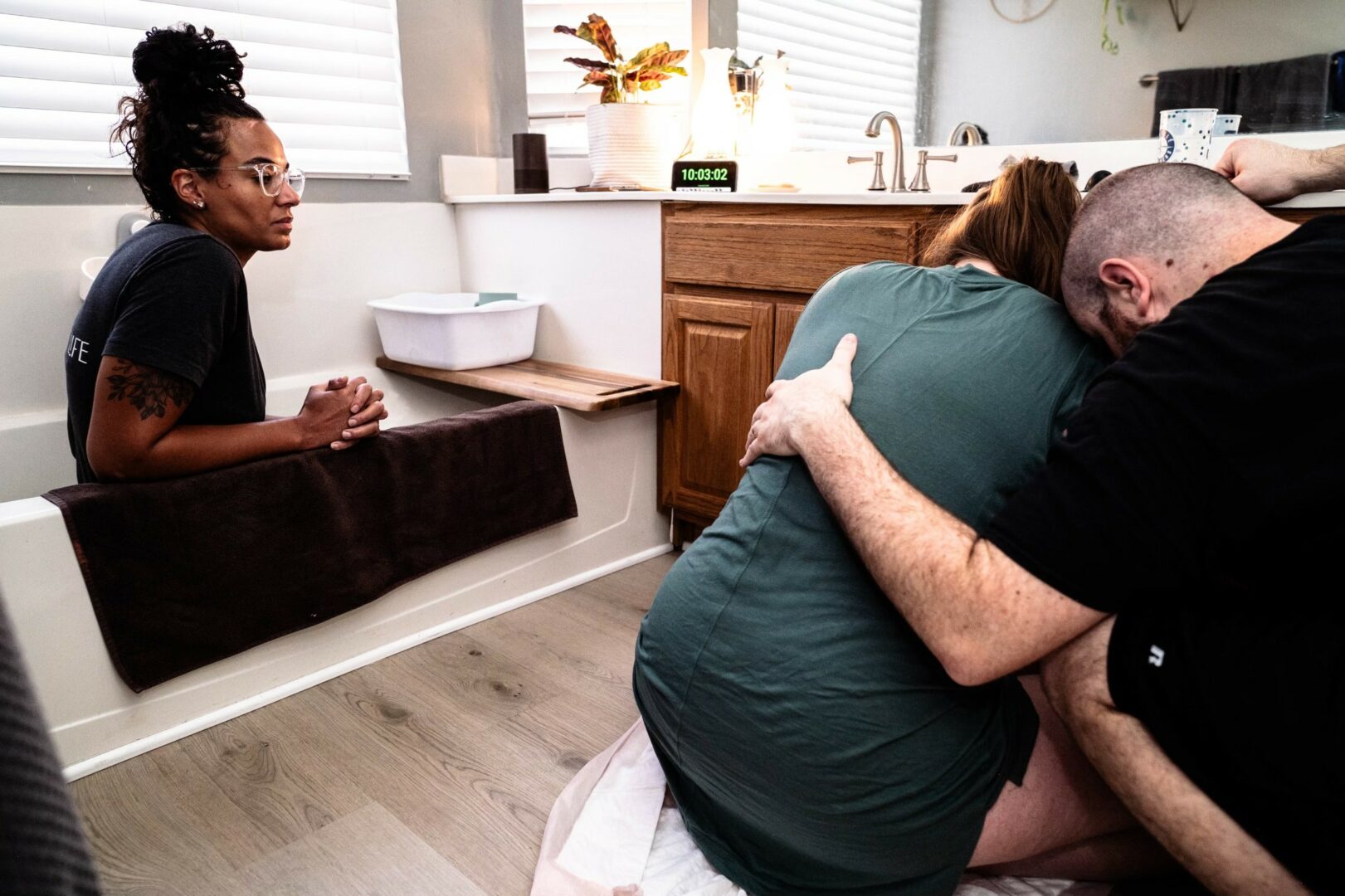
One of our goals is to help like-minded folks with similar goals connect and so before we go we want to ask if you are looking to partner or collab with others – and if so, what would make the ideal collaborator or partner?
As I dream of what I’d love Seed & Soul Collective to become, I have great hopes for a thriving, collaborative, multi-disciplinary and inter-connected community. I would love to connect with other practitioners who offer services for families in the perinatal period. I’m specifically interested in mental health providers for moms, dads, and partners. I’d love to see mental health workshops and partner-specific support services.
Contact Info:
- Website: https://Www.Seedandsoulcollective.com
- Instagram: @SeedAndSoulCollective
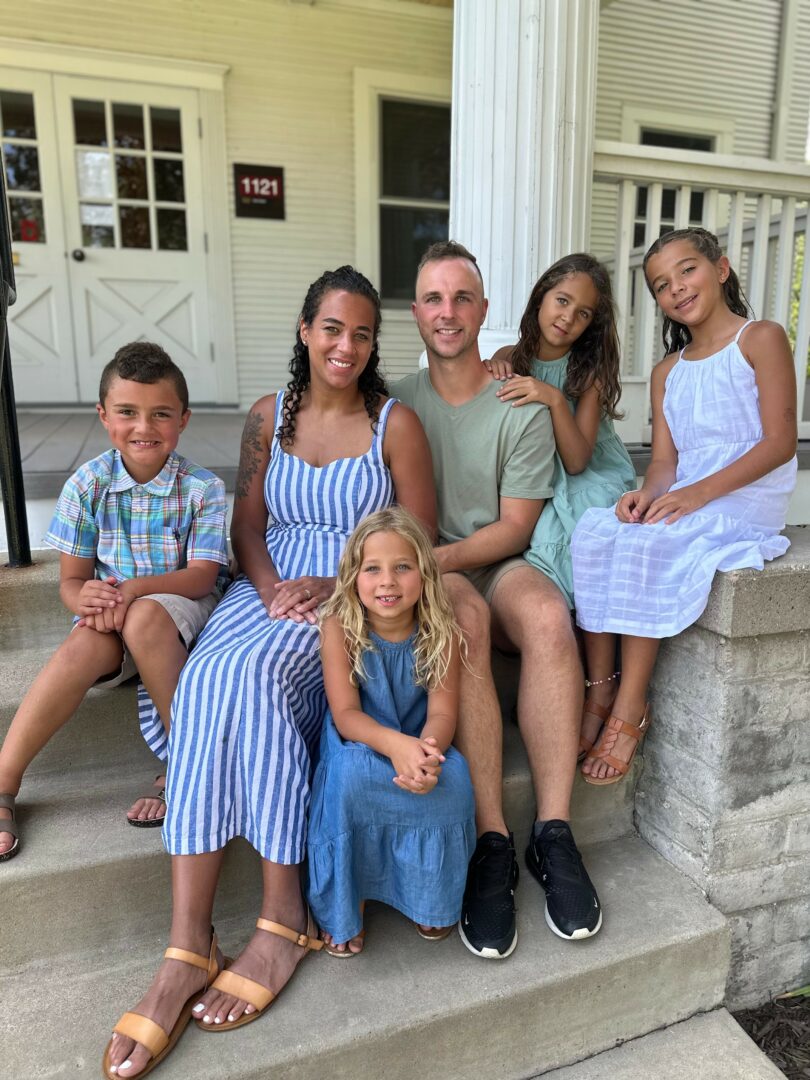
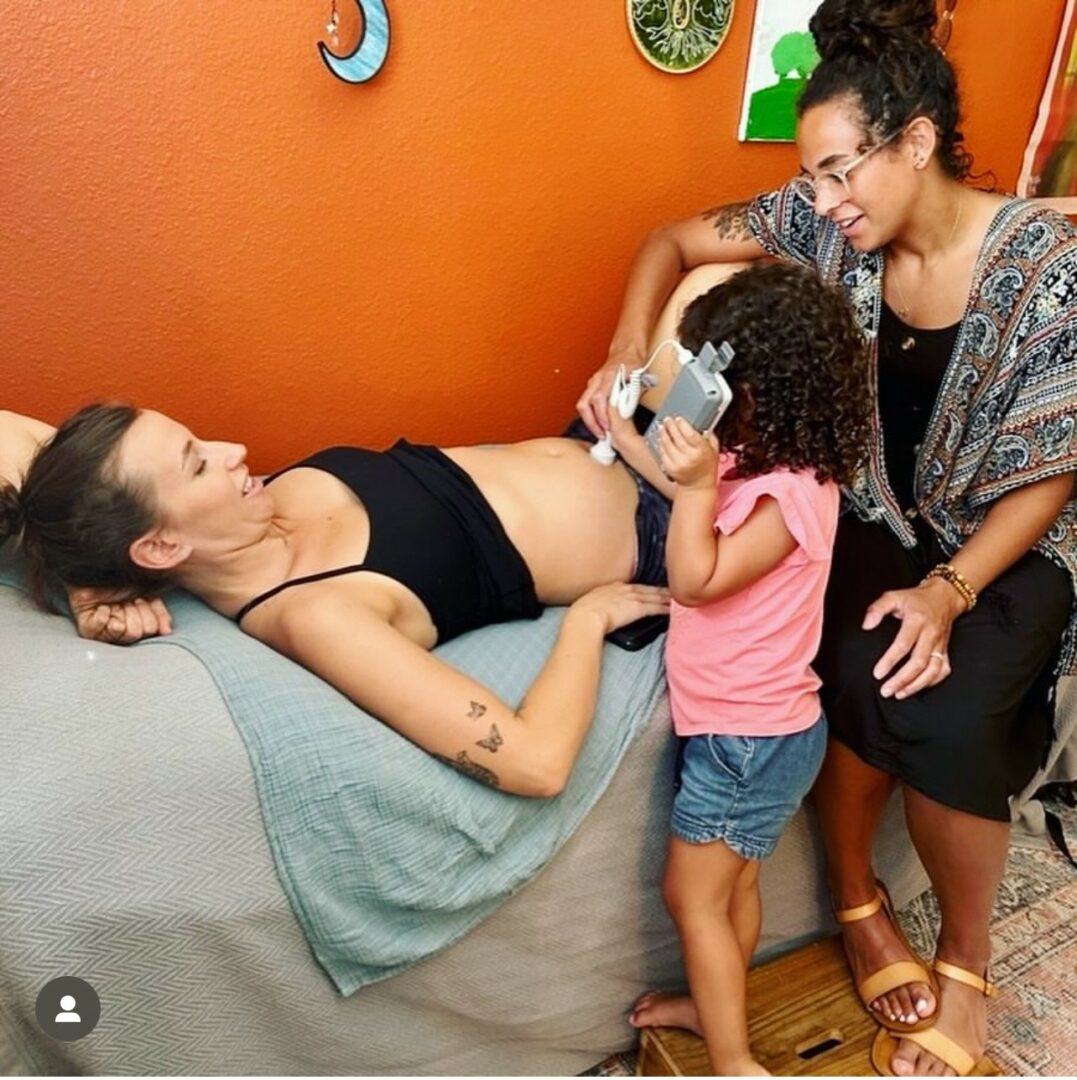
Image Credits
Latisa Ratliff, P.S. Love Mommy Doula Services
Meagan Tanner, The Mother Hen Friend
so if you or someone you know deserves recognition please let us know here.

